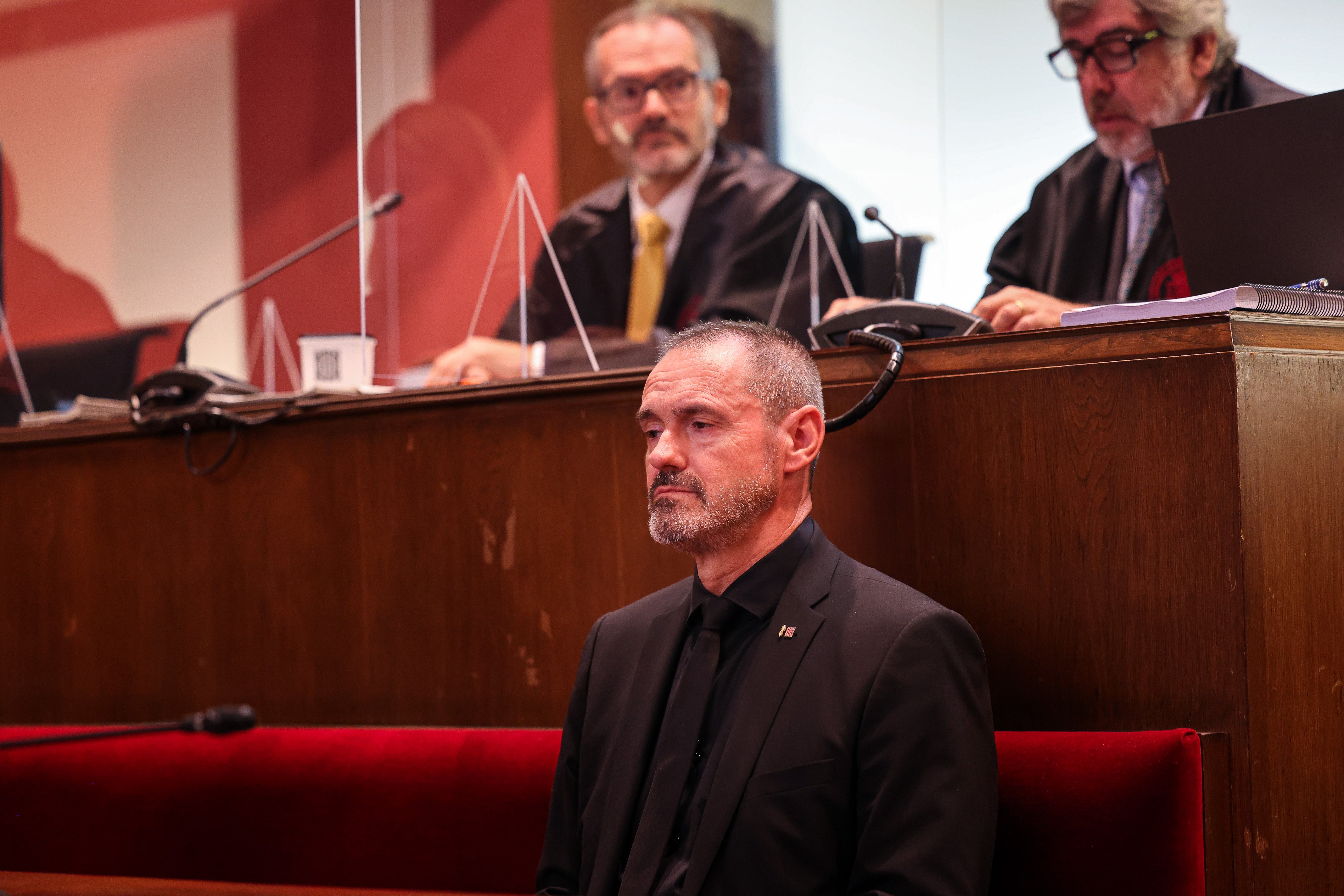Spain has rejected the accusations raised before the European Court of Human Rights (ECHR) by former deputy speaker of the Catalan Parliament Josep Costa, the Bureau secretary Eusebi Campdepadrós as well as 30 other MPs, including Elsa Artadi, who denounce the persecution to which they were subjected by the Constitutional Court (TC) with the aim of blocking the way to its proposals on self-determination and against the Spanish monarchy. The Spanish government asserts that the Strasbourg-based Human Rights court should not admit the three cases presented because it considers that the facts reported do not affect this court and nor do the plaintiffs have the status of victims. The reason, as Spain explains in its submission, to which ElNacional.cat has had access, is that, despite the sentence execution incidents, notifications issued by the Constitutional Court, at the last minute the proposals on self-determination and against the Spanish monarchy ended up being debated and approved by the full Parliament.
"The plaintiffs forget to continue the story of what finally happened, which is absolutely relevant to determine whether or not they have the status of victims: all of them were finally able to discuss the substantive matters that the Constitutional Court had ordered not to be discussed, and finally they were passed with the vote of the plaintiffs in favour and, therefore, exercising their right to vote", states Point 101 of the Spanish government's response which adds, in the next point, that "it can hardly attribute victim status to those who never saw their rights diminished, nor their freedom of expression, right to assembly and association or right to free elections".
Constitutional Court's legal pursuit
In December 2015, after the Catalan Parliament had debated and passed a resolution on the start of the political process towards independence, which was overturned by the Constitutional Court, every time a proposal on self-determination was presented to the Catalan chamber, the Spanish court of guarantees presented sentence execution incidents. The same thing happened with a resolution of October 2018 that Parliament passed, which criticised king Felipe VI.
Despite the Constitutional Court's warnings, the Bureau - governance organ of Parliament - allowed the different resolutions on self-determination and criticism against the monarchy to be considered by the MPs, and these Bureau decisions led to judicial accusations against the pro-independence MPs on the governance organ, who ended up being tried. Subsequently, they appealed to the ECHR. In a very long response, 80 pages of text, the Spanish state answers the questions raised by the European Court of Human Rights following the complaint by the Catalan deputies and rejects all the accusations one by one.
The state rejects that there was any attack on the individual rights of the members of the Bureau. It emphasizes that the proposals admitted by the Bureau, and against which the constitutional judges presented its responses, were registered within the powers it exercises as a parliamentary body, and therefore do not affect the sphere of individual rights of its members.
Constitutional Court, "master of the execution of its sentences"
The Spanish submission stresses that the reform of the Constitutional Court law in 2015 placed the court as “master of the execution” of its own sentences; that all public powers were obliged to comply with what it decided; and that the court could thus agree to give notifications of its resolutions to any authority or public worker it deems necessary.
For this reason, it notes that when the the court agreed with the execution incidents issued to Costa and Campdepadrós, they were, respectively, deputy speaker and secretary of the Bureau and, therefore, responsible in their positions for compliance with the court's decisions. "Individual rights of the members of the Bureau are not asserted, as these are actions carried out in the exercise of their duties as members of an organ of the Parliament of Catalonia", so it considers that the two demands are inadmissible because they assert individual rights, when in reality they do not have this status.
No interference with individual rights
As well, in the case of the demand by the 30 MPs, it insists that the resolutions passed by a parliament are accords of the parliamentary body, that is, of a body representing the collective will of the people and "never as decisions of the parliamentarians, without prejudice to the fact that their vote is necessary for the approval". Therefore, in this case the events are framed in a conflict between two authorities, the Constitutional Court and an autonomous Parliament, and this falls outside the nature required by Article 32 of the agreement.
"The Kingdom of Spain does not accept that in any of the three claims there has been interference with the individual rights of the plaintiffs, in particular with their freedom of expression, right of assembly and association, or their right to free elections", advises the statement, arguing that it is impossible to talk about the existence of individual rights of a parliamentary body or its members.
Legitimate response
However, in the answer to the Human Rights Court's second question, Spain adds that in the event that there was some interference with the rights of the claimants - "something that the Kingdom of Spain denies" - as a result of the orders issued to the Bureau members "it would have been legitimate in any case, it pursued a legitimate aim and was necessary in a democratic society, being proportional to the intended purposes, that is, obedience to the ruling made by the Constitutional Court and, therefore, to the Constitution itself".

